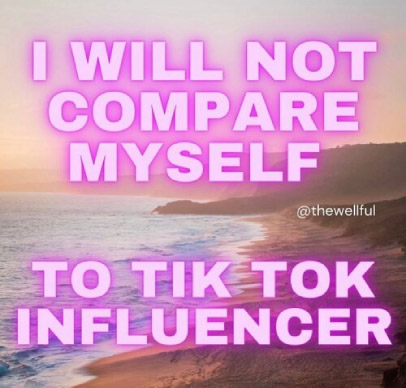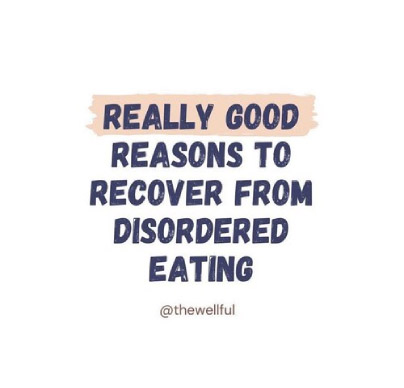We’ve all heard talk about the 10000 step goal, but where did it come from? Is there science behind it? Is it taking up too much space in your life?
It seems that Apple Watches, Fitbits, and the Health app on the iPhone have found a permanent place in society. People are constantly tracking their every movement, and bumming when steps are miscounted. Monetary prizes act as motivators in contests and competitions with friends to see who can get the most steps. I get it. Setting a goal and not reaching it can be disappointing. But, where does that goal come from? And is it healthy to obsess over a number, even if that number is coined as ‘healthy’?
Drumroll please……
The 10,000 step goal most likely came from a Japanese pedometer in 1965 whose name translates to “10,000 steps meter.”
Kind of underwhelming, huh?
If you’re like me, you might have assumed the number came from studies and research that proved 10,000 steps to be the ultimate health promoting behavior. Not the case. Instead, this number is a marketing tactic that seemed catchy and enticing– sounds a little like diet culture, if you ask me.
In fact, a study published in the American Journal of Medicine found that 4,400 steps per day was related to decreased mortality rates when compared to taking fewer steps per day. As steps increased, mortality rates decreased, demonstrating that a less sedentary lifestyle is health promoting. This study from 2019 is not the only one of its kind. Another study from 2004 found that 10,000 steps should not be a universal goal as it is too high for some, and too low for others. Again, this study found that increased steps, compared to a person’s baseline, is health promoting.
While some find the 10,000 step goal motivating, others can find it discouraging. If the goal is unattainable, it can lead to increased disappointment and for some, an increase in a sedentary lifestyle as retreating seems easier than accomplishing less than the goal (that black & white mentality is so tricky!).
So with this in mind, let’s think a little about our fixation on a rather arbitrary number….
Just like we know that every body needs a different amount of food each day, every body needs a different amount or type of movement. How can we assume that steps are a one-size fits all lifestyle when everything about humans differs from person to person?
Fitness goals are individual and what works for one person, won’t necessarily work for another.
We know that movement can help to reduce anxiety and improve mood, but there is no science to say that one form of physical activity is the be-all-end-all way to achieve this. The fact is that all movement is health promoting. Read it again. I said: ALL MOVEMENT IS HEALTH PROMOTING. As in, there are benefits to walking, dancing, yoga-ing, running, biking, lifting, etc. Movement is best for the body and mind when it is enjoyed, so find what speaks to you and embrace it.
Even if your movement isn’t tracked, it “counts.”
It still brings you health benefits, it still helps blood to circulate, it still is movement. It is entirely natural and human to crave recognition and praise, even if it is just a vibrate to the wrist marking an accomplishment. Meeting a goal and having it be acknowledged feels good. It can also feel good to compete with ourselves, working to become a better version, but what the media isn’t emphasizing enough is that better does not mean smaller, that more steps does not mean more worthy, that more movement does not mean a kinder, more genuine personality.
If the goal continues to increase, what is to stop us from becoming obsessed? From not being able to sit down? To feel guilty when the goal isn’t met? Is it still about health when you are doing jumping jacks at 10 pm in your bedroom or shaking your wrist for an hour while you watch tv?
If the goal is health, we must remember that pushing ourselves and ignoring our body’s signals is in fact unhealthy. Our bodies know best, and we are meant to work together as a team, which means knowing when to say no to movement, take a break, or choose a different activity.
While tracking steps, making goals, and discussing with friends can be fun, remember that it does not make you who you are. You are not the person who walks 12,000 steps or 5,700 steps. You are the person who cares about yourself and others.
There are a million things about you that are more interesting than the steps you took today, or yesterday.
Are you looking for support to feel your best without feeling obsessed – with food or your fitness tracker? – book a free discovery call to learn more about working together on intuitive eating and a non-diet approach to health.
Citations:
Lee I, Shiroma EJ, Kamada M, Bassett DR, Matthews CE, Buring JE. Association of Step Volume and Intensity With All-Cause Mortality in Older Women. JAMA Intern Med. 2019;179(8):1105–1112. doi:10.1001/jamainternmed.2019.0899
Tudor-Locke C, Bassett DR Jr. How many steps/day are enough? Preliminary pedometer indices for public health. Sports Med. 2004;34(1):1-8. doi: 10.2165/00007256-200434010-00001. PMID: 14715035.











